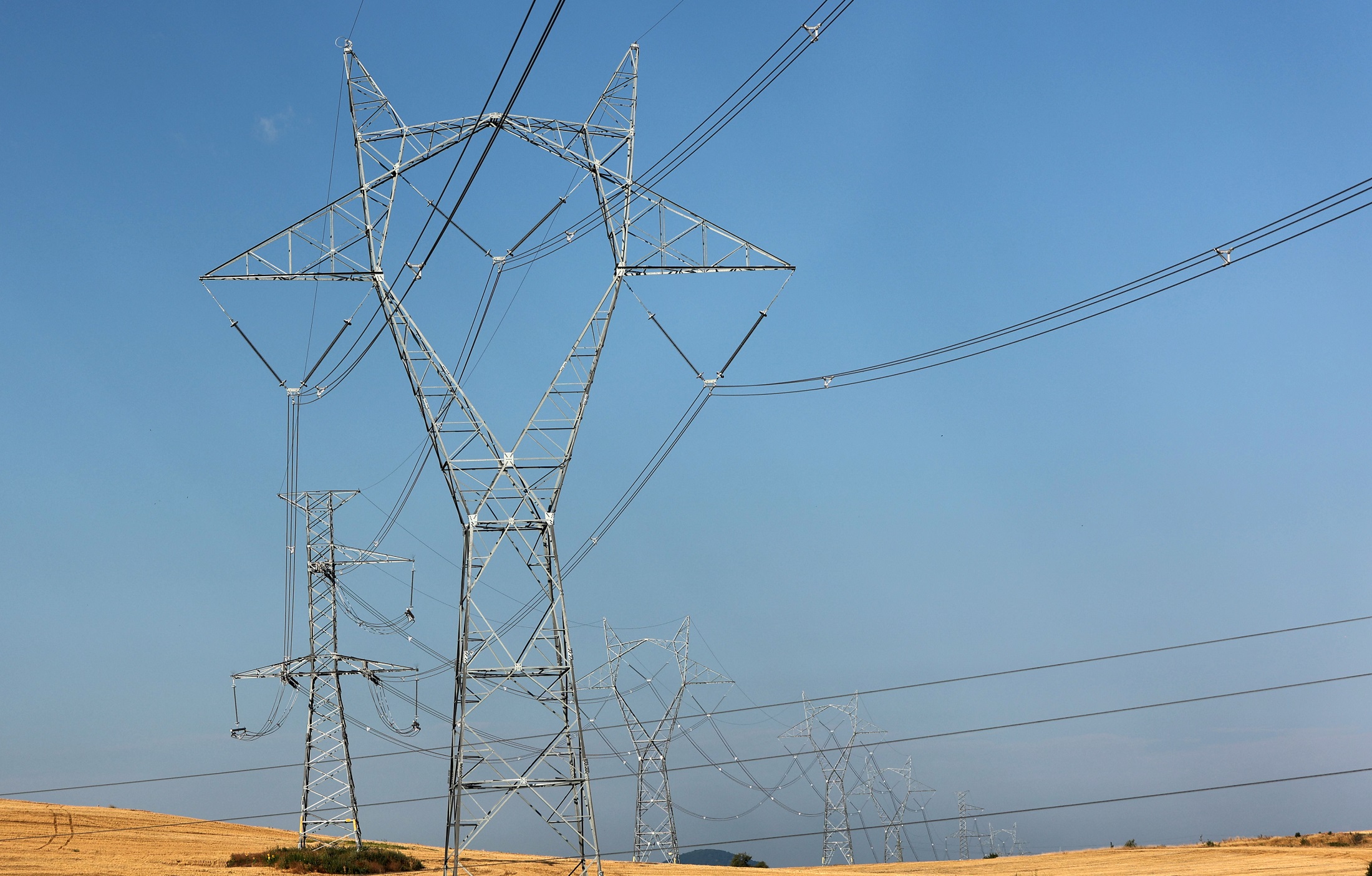New Energy Strategy: Coal Plants until 2030, Nuclear Power, Solar, Wind, Hydro- and Geothermal Energy and Battery Projects
Jerusalem, 17 January, 2023 (TPS-IL) -- A new energy strategy of Bulgaria until 2053 relies on the continued operation of coal plants until 2030, nuclear power, more solar and wind power projects, use of geothermal energy for local heating systems and batteries for storage of electricity. The strategy was put up for discussion at a round table in Sofia with the participation of President Rumen Radev, Prime Minister Galab Donev and Energy Minister Rossen Hristov.
Among the strategic objectives for the development of the energy sector outlined in the document are ensuring energy security in the country and the region and preserving Bulgaria’s role as an energy leader, protecting national security and economic interests, achieving the EU-wide decarbonization goals, increasing energy efficiency, carrying through a just transition in the affected regions, and protecting against energy poverty.
In the coal power sector, it is envisaged to use existing capacities until 2030 to ensure energy security and introduce technical solutions to reduce emissions.
In the nuclear power sector, the strategy provides for the construction of 2,000 MW of new capacity at the site of the Belene N-plant project by 2035-2040 and the construction of 2,000 MW of replacement capacity at the Kozloduy site by 2045.
It also plans the construction of 7 GW of solar and 2 GW of wind plants by 2030 and 12 GW of solar and 4 GW of wind plants by 2050. 870 MW of new hydropower projects is planned by 2030 and 1,270 MW by 2050. In geothermal energy, the focus is on smoothing out local heating systems. Furthermore, it provides for the construction of 1 GW of electrolyzers by 2030 and 5 GW of electrolyzers by 2050 for domestic consumption and export.
In the field of energy storage, the strategy provides for the expansion of the Chaira pumped storage power station (PSPS) by 2030 and construction of new PSPSs of 1 GW by 2035; introduction of 600 MW of battery storage by 2030 and 1.5 GW of seasonal storage systems by 2050. Also in the plan is 1,900 km of transmission line upgrades and new transmission lines, digitalization and development of the distribution network, and construction of 1 000 charging stations for electric vehicles by 2030.
The document also offers measures to address energy poverty and improve energy efficiency in households.


